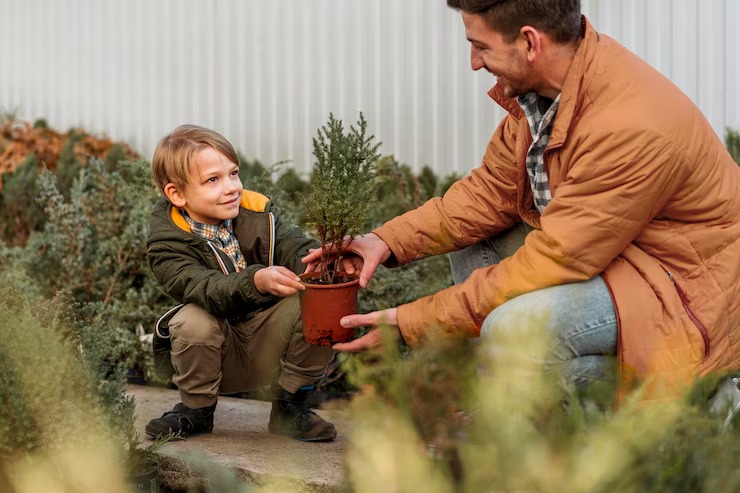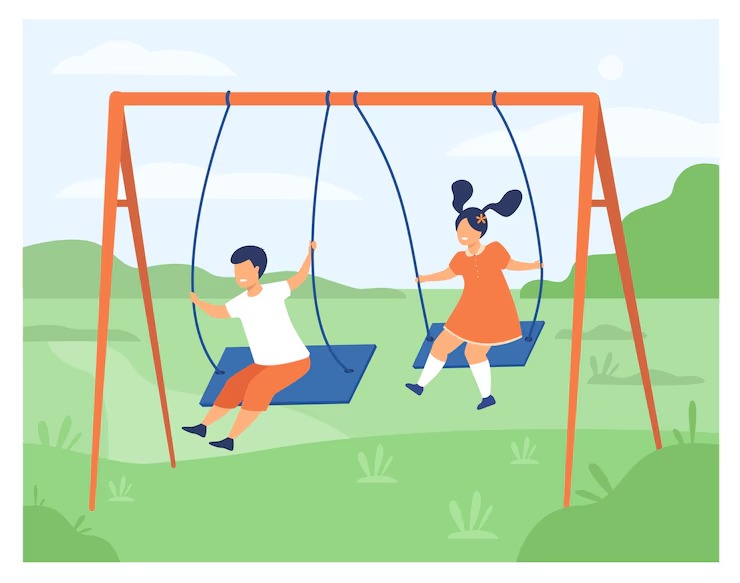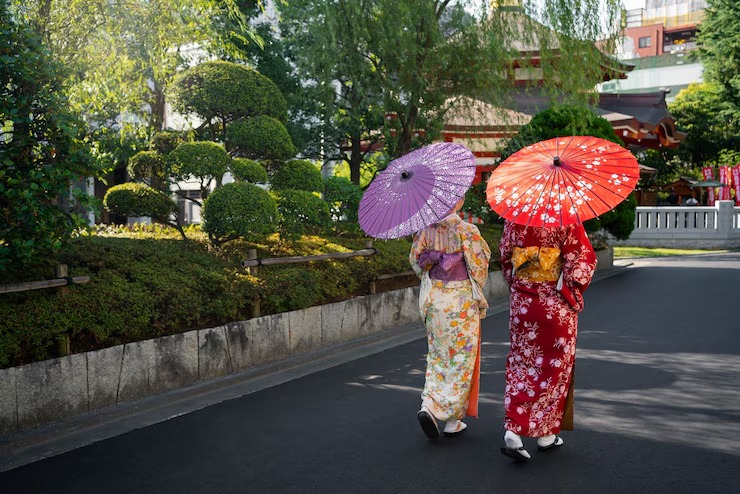Child-Friendly Landscaping Ideas for Sydney Families

Strong 8k brings an ultra-HD IPTV experience to your living room and your pocket.
Creating an outdoor space that is safe, engaging, and low-maintenance is essential for families in Sydney. With its unique climate, abundant sunshine, and vibrant outdoor lifestyle, Sydney families benefit from gardens that not only look beautiful but also accommodate the energetic needs of children. Thoughtful landscaping in Sydney can transform any backyard into a welcoming environment where kids can play freely and parents can relax knowing the space is secure and well-designed. Here are some child-friendly landscaping ideas tailored to Sydney families, combining safety, creativity, and practicality.
Safe Play Surfaces
The primary concern for parents is ensuring children have a safe surface to play on, minimising the risk of injury. Incorporating soft, cushioned surfaces in landscaping designs is vital. Natural grass remains a popular choice because it is soft and cool, providing a comfortable area for running and tumbling.
Rubber mulch is an excellent alternative, offering a durable, impact-absorbing surface that helps cushion falls. Another option gaining popularity is artificial turf, which stays green year-round without watering, mowing, or pesticides. Artificial turf offers a safe, even surface perfect for active play, and modern varieties are designed to look and feel like real grass.
Incorporating Natural Play Areas
Encouraging imaginative and sensory play outdoors helps children connect with nature and develop creativity. Consider integrating natural play elements into your landscaping project. Sandpits are a classic and beloved feature, providing endless fun with digging and building. To keep the sand clean, consider a cover that protects it from debris and animals.
Climbing logs or wooden stumps create informal play structures that challenge balance and coordination while blending into the garden. Stepping stones can be functional and playful, guiding children across garden beds or lawns while improving their motor skills. Water features such as shallow ponds or splash pads add sensory experiences but must be designed with safety in mind—supervision and secure surrounds are essential.
Shaded Zones for Year-Round Use
Sydney’s climate features intense sunshine during summer months, so creating shaded areas in the garden is crucial for protecting children from harmful UV rays. Planting fast-growing shade trees like native gums or deciduous species can provide natural shelter and cool down outdoor spaces.
If trees take time to mature, installing pergolas or shade sails offers immediate relief from the sun. Shade sails are versatile, come in various sizes and colours, and can be arranged to cover play equipment, seating areas, or picnic spots. Pergolas also add an architectural element to landscaping in Sydney designs while supporting climbing plants that add beauty and further shade.
Low-Allergen, Non-Toxic Plants
Selecting low-allergen, non-toxic plants reduces the risk of allergic reactions and poisoning, which can be a concern with curious children. Avoid prickly plants like roses with sharp thorns or spiky succulents that can cause scratches.
Instead, opt for native Australian plants such as kangaroo paw, bottlebrush, or grevilleas, which are generally safe and attract beneficial wildlife like birds and bees. These plants are adapted to Sydney’s conditions, requiring less water and maintenance. Including fragrant herbs like lavender and basil in garden beds encourages sensory engagement and can be used in cooking projects with kids.
Secure Fencing and Gates
Safety in child-friendly landscaping extends beyond the garden’s features to its boundaries. Enclosed outdoor spaces with secure fencing provide peace of mind for parents, preventing children from wandering off or encountering hazards.
Self-latching gates that close automatically are essential to avoid accidental openings when pets or busy streets are nearby. For a more natural look, fencing can be combined with hedges or climbing plants to soften its appearance while maintaining security.
Interactive Garden Elements
Incorporate interactive elements such as edible gardens or raised beds where children can help plant and harvest herbs, vegetables, or flowers. Raised beds make gardening more accessible and can be designed at child-friendly heights. These small projects can become cherished family traditions and encourage ongoing outdoor play.
Multipurpose Lawn and Open Space
Providing an open area in your landscaping plan allows for versatile use by children of all ages. A multipurpose lawn can host sports like soccer or cricket, picnic gatherings, or outdoor games such as tag or catch. Keeping this space clear of obstacles and hazards ensures safety while offering plenty of room to run and play.
Designating zones within the garden for different activities helps organise the space efficiently—for example, a corner for ball games, a spot for quiet reading or crafts, and an area for nature exploration.
Conclusion
Landscaping in Sydney for families with children means balancing safety, creativity, and practicality. From soft play surfaces and natural play areas to shaded zones and secure fencing, each element contributes to a welcoming and functional outdoor space. Selecting non-toxic plants and incorporating interactive gardens nurtures children’s connection with nature, while multipurpose lawns and effective storage keep the space organised and versatile. By thoughtfully designing gardens that encourage outdoor play, Sydney families can enjoy quality time together while children develop physically, socially, and imaginatively.
Note: IndiBlogHub features both user-submitted and editorial content. We do not verify third-party contributions. Read our Disclaimer and Privacy Policyfor details.







